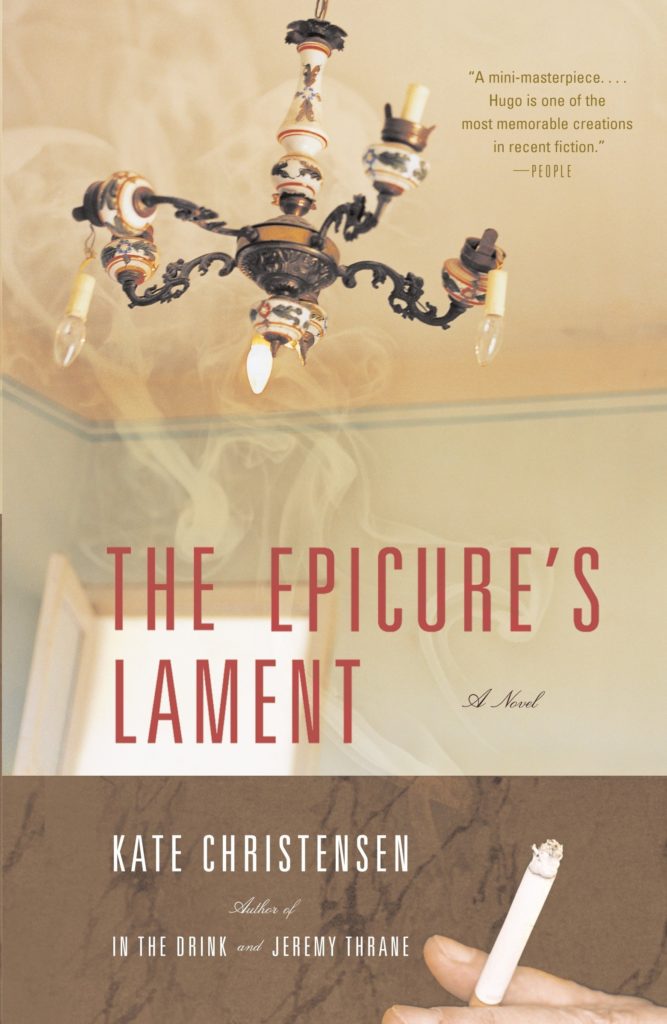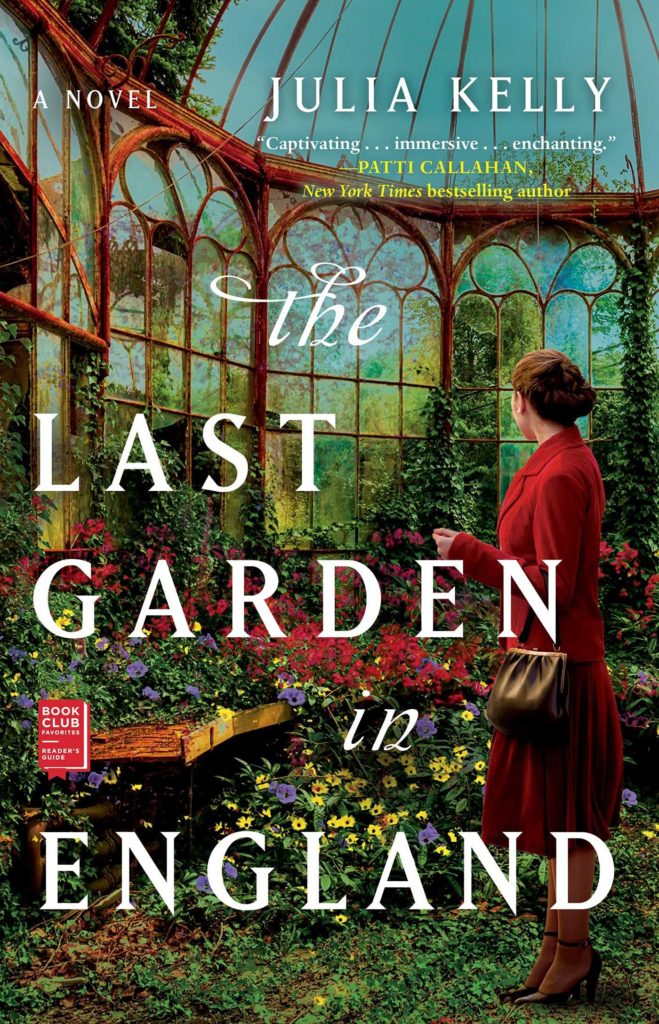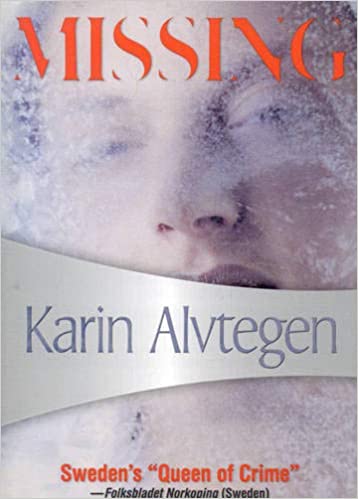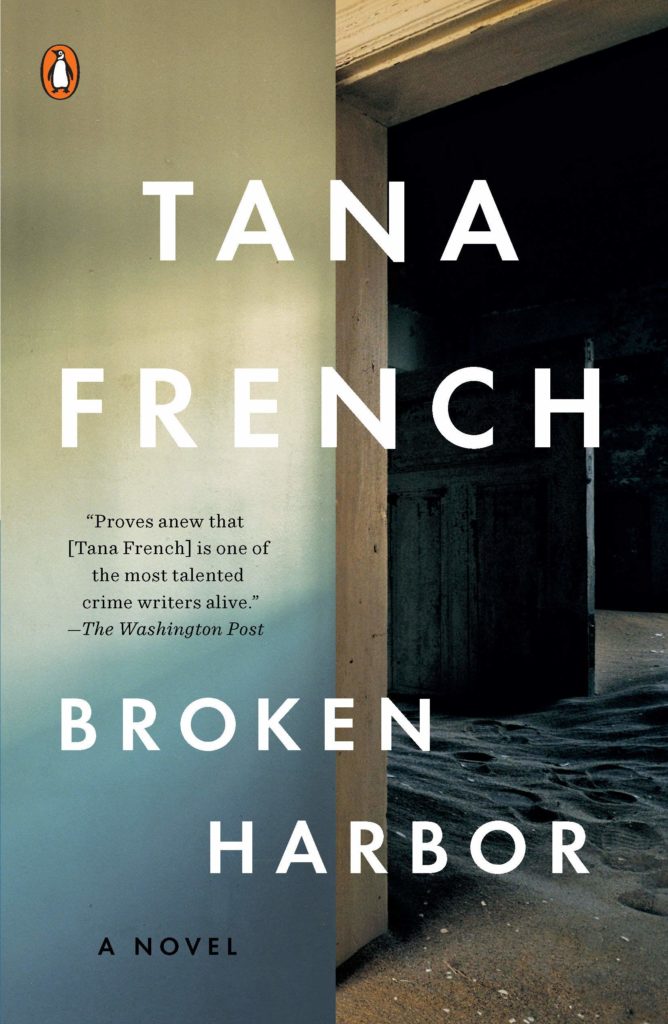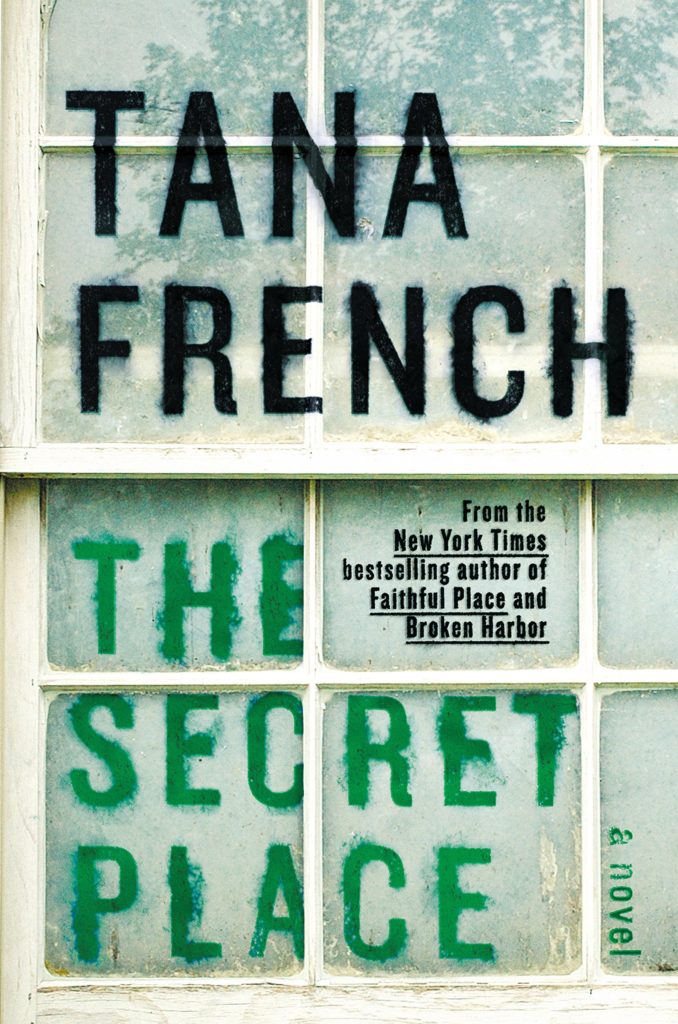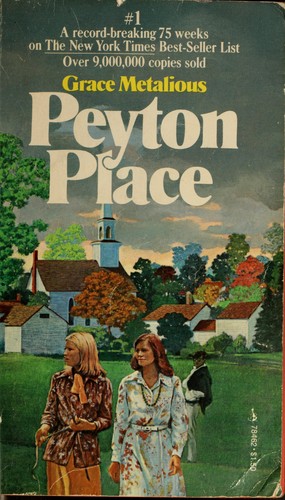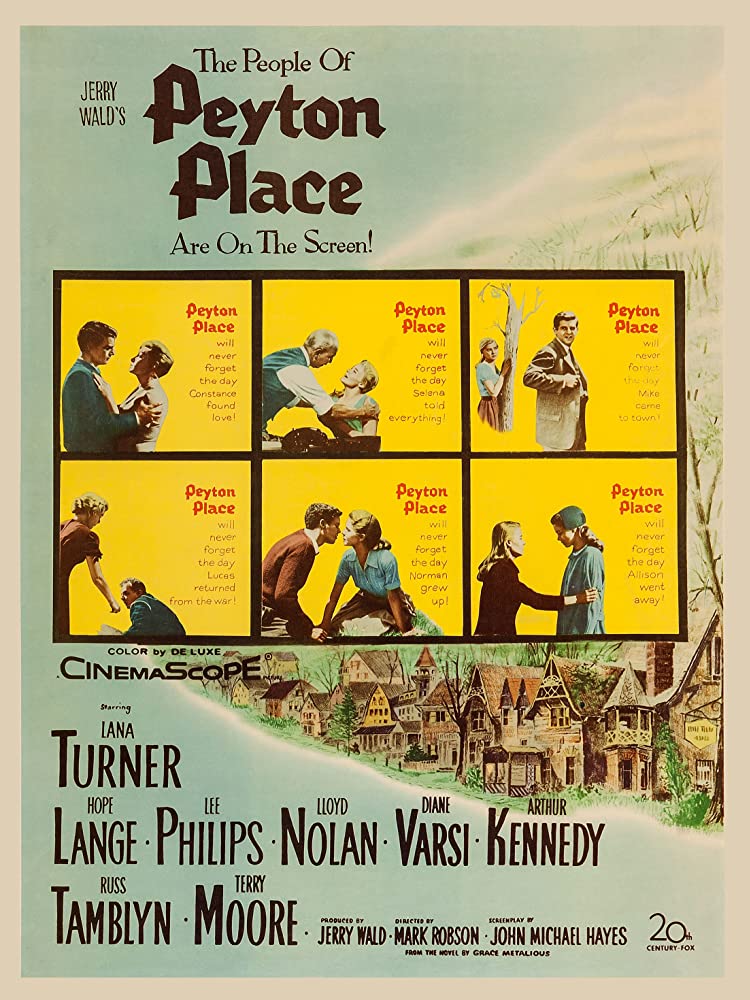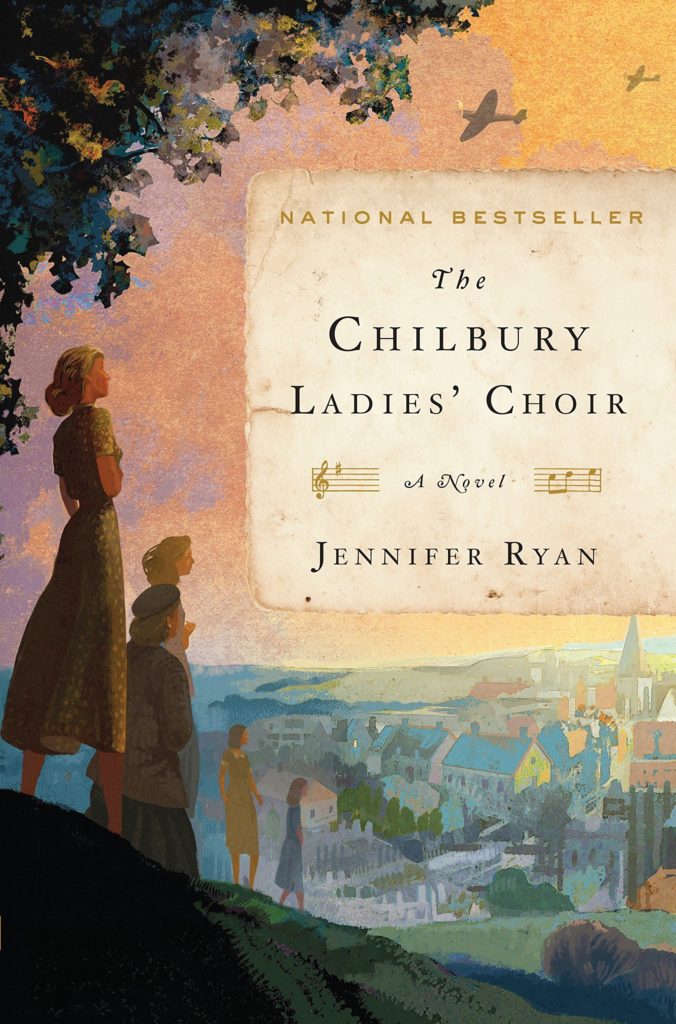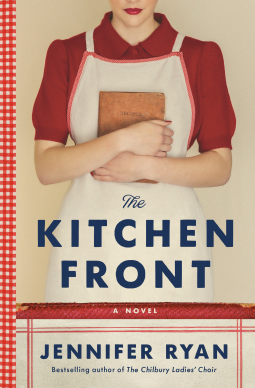The Epicure’s Lament by Kate Christensen
So they tell me that blogs are over, a thing of the past and I should be using Instagram or videos on YouTube. Well, I’m old stubborn, so I will steadfastly stick with this blog.
However, in an attempt to breathe some new life into Book Barmy, I plan to have a series of guest bloggers. Today is the first in that series — a book review by my smart, well-read, and very funny friend Peter.
Peter and I worked together during the 90’s in high tech. We became good buddies and, as a result, didn’t dare sit next to each other in meetings–which would often result in sarcastic remarks (muttered under our breath) about the idiots around the table and futile attempts to not breakout in uncontrollable laughter.
Thankfully, we’re both now retired and often trade book recommendations. Recently we both started reading the same book – The Epicure’s Lament – Peter finished before me, I got stuck in the middle – so I asked Peter to write a review and he graciously agreed.
Here you go, without further ado, here is Peter.
There are books that start with great glee. Rollicking good fun. Laugh out loud funny. Then the wit wanes. Pages become heavier to turn. Chortling dwindles. The Epicure’s Lament was such a book for me.
Kate Christensen is a beautiful writer of elegant, sophisticated prose, and for that the novel has great merit. Her description of characters and scenes do not tax the imagination. They are full and complete. You instantly know and understand these people and places.
The main character, Hugo Whittier, is slowly dying of his own doing. He rambles around his family’s rambling Hudson River mansion in solitude until family members begin to encroach.
Fully aware that he is killing himself smoking, he is only interested in all things carnal on his way out. His disdain for anything human is astounding. The dark humor is entertaining for a hundred pages or so then becomes labored and repetitive. It seems like Christensen ran out of plot and reworks story lines again and again to squeeze out some mileage. She also diverts into historical and philosophical sidebars that, while interesting, don’t directly support the story line.
As the novel progresses, Hugo smokes his way to his diagnosed ruin while continually assaulting the people who want to love him. I kept thinking “Alright already, I get it.” A miscreant and a rascal of the highest order, Hugo Whittier, charming as he may be, stumbles through the story looking forward to the end of it all.
Unfortunately so does the reader.
So, do you want to be a guest Book Barmy reviewer? Have you read a great (or not so great) book? Just let me know. I gladly welcome any and all inquiries.
A big thank you to Peter.
The Last Garden in England by Julia Kelly
Sometimes an un-read book follows you — nay, stalks you. This was the case with The Last Garden In England. The publisher kindly sent me a digital advanced reading copy back in 2020 and I dipped into a few pages and said to myself, ‘why, yes, this is a book I will enjoy”... but put it aside. Then a gardening friend raved about the same book (now published) and said she would give me her copy, I thanked her but said I had already had copy from the publisher. I sat down and read the first chapter, but got busy with the holidays, and abandoned it once again. Then the beautiful physical copy –(just gaze upon that cover) — arrived as a Christmas gift from my sister with a note saying — “this looks like a perfect book for you”.
“Uncle, uncle – I give up”, I said to this book that had been nipping at my heels and opened it with the vow to read it straight through. Which I finally did
The Last Garden in England is historical fiction centering around a garden at the fictional Highbury House estate.
It’s 1907 when Venetia Smith is commissioned to design the estate’s garden. Then during the war in 1944, Highbury House is converted to a convalescent hospital. And, in the present day, Emma Lovett is hired to breath new life into the now long-neglected gardens.
We follow five different women who are connected by the lure and love of this garden garden.
I can hear you now, five women set in set in three different time periods, that sounds complicated. Trust me — it’s not, Ms. Kelly does a fine job in keeping all the characters and time lines not only clear, but compelling.
The gardens come to life and are resurrected through these women and we see how these gardens influenced and connected their lives in very different yet similar ways. The three different time periods each had their own distinctive restrictions and freedoms for each of the women.
I’ll tell you a bit more about the characters and the time periods just to get you hooked.
In 1907, Venetia Smith has made a name for herself as a garden designer to the affluent showing off their wealth with sumptuous country houses. When she is hired to design the gardens of Highbury House, she is determined to make them a triumph, but the gardens, and the people she meets do more – they change her life forever.
During WWII, in 1944, land girl Beth Pedley arrives to work on a farm on the outskirts of the village and she hopes this is a place she can settle. Stella Adderton, on the other hand, is desperate to leave her position as the estate cook to pursue other dreams. And perhaps my favorite character is the widow Diana Symonds, the mistress of the Highbury House who is anxiously trying to cling to her pre-war life even though her home has been transformed into a convalescent hospital for wounded soldiers. But as war threatens the treasured gardens, these three very different women are drawn together by circumstances and secrets.
And in the present day, Emma Lovett, is a landscape designer who specializes in bringing long-neglected gardens back to life. Emma has just been given the opportunity to restore the gardens of the famed Highbury House estate, designed back in 1907 by her hero Venetia Smith. But as Emma dives deeper into the gardens’ past, she begins to uncover long hidden secrets.
Yes, The Last Garden in England is centered on a garden, but this not just any garden. This is an remarkable garden with separate garden rooms — there’s a tea garden, a children’s garden, then a bride’s garden, and my favorite the winter garden. Ms. Kelly gives highly accurate descriptions of the garden itself and the plants within. There are lots of roses, some supposedly bred just for the garden. (I took note to see if any of them actually exist.)
If you go to the authors website HERE, you can see videos and read about the gardens that influenced the writing of the book. Venetia is based on the famous garden designer Gertrude Jekyll. Ms. Kelly even created a map of her imagined Highbury Estate garden.
I admit The Last Garden in England was indeed the perfect book for me. A grand English house, an engaging story, characters I cared about and all tied together with a believable connection through the decades. Ms. Kelly’s rich descriptions of the garden really enriched the story which made this a very appealing read.
I only regret it took me so long to read it, but now just having finished it I realize this was the perfect time with spring arriving and my garden crying for attention.
If you’re like me, and want to be delightfully transported to a country estate garden, I highly recommend this wonderful novel.
Be sure to read the Author’s Note at the end to learn about the people, historical facts and existing gardens that inspired author Julia Kelly.
A digital Advanced Readers Copy was provided by Gallery Books via Netgalley
Missing by Karin Alvtegen
I love to go explore the little free libraries in various neighborhoods in the city. This one was one of my latest explorations.
I seldom take home a book, and sometimes leave a paperback or two. But you know me, the inevitable happened and, yes, I found a book that intrigued me so much, it came home with me.
Missing is the U.S. debut of Karin Alvtegen, Sweden’s queen of crime writing and the winner of the Edgar award for best novel of the year. Later when I opened it, I found myself immediately immersed.
The opening scene gripped me and, as cliche as it might sound, the first chapter left me wanting more.
Born into a life of privilege, Sybilla has chosen to live her life homeless in Stockholm. With her thrift shop suit and heels, she often sits at a hotel bar and charms a visiting businessman into paying for her dinner and hotel room. One night she chooses the wrong man and when he’s found dead the next morning she is forced to flee. Now she must hide among the homeless of Stockholm, taking each day as it comes, with just a backpack for her possessions, and constantly on the move.
Of course Sybilla is the prime suspect and her situation only gets worse when more victims are found murdered in a similar manner. Ms. Alvtegen skillfully develops the character of Sybilla by interspersing scenes from her childhood alongside her current life on the run.
Scandinavian mysteries have become popular here in the US, since the Girl with the Dragon Tattoo. I’m not a fan of the stark writing and bleak atmosphere. But Missing spun fast-paced plot, so I keep turning the pages. And I found the somewhat different perspective intriguing, with the story told by Sybilla the hunted suspect and an innocent one at that.
I found myself invested in the Sybilla’s survival on the street and hiding from the police. With dramatic twists and turns, I was unable to figure out the real killer, and why Sybilla left her privileged life, until the last 6 pages.
Ms. Alvtegen also adds in the background of Sybillas long-lost child. Trust me, all three story lines eventually intertwine into completion. Moreover, the motive for the murders was an interesting surprise and the resolution of the mystery made sense and was satisfying.
Missing was an absorbing and suspenseful story which I found somewhat reminiscent of Ruth Rendell’s writing. It was an interesting insight into Swedish society. A mystery, yes, but it’s also a commentary on those who are forced to live on the streets by unforeseen circumstances or by choice.
I have placed Missing back into another free little library, so someone else will get to enjoy this culturally different page-turner that kept me reading until the last page.
Broken Harbor by Tana French
Halloween night at our house. As with every year, we anxiously await trick or treaters, but over the years they have dwindled. And this year, none — even our favorite 5 (no I’m-almost-6!) year old didn’t get to stop by.
Our basket sat untouched by the front door .
Where was everyone? Down on the beach where the city closed the highway to traffic.
Safe and fun for all involved. No crossing streets, no cars. Tables set up by volunteers, parents, and local groups to serve treats (lots of treats) for the revelers. There were costume parades, pumpkin carving, and a photographer to capture it all. It’s the new, safer, and arguably better Halloween for everyone.
Full disclosure, we were loath to venture into the fray of sugar-frenzied kids and exhausted parents. So, I gathered these photos from our local Facebook page as evidence. (Click each to make larger – the family portrait is especially stunning.)
As night fell, we closed our curtains knowing our neighborhood little ones had a wonderful time. So what to do on a silent doorbell Halloween night? Settle in with a cup of tea and finish my book – and perhaps a Reeses (see lonely basket above).
Broken Harbor by Tana French
I’m a big fan of Tana French and am reading her Dublin Murder Squad series in order — I inhaled the first three and started Broken Harbor as my October, Halloween-ish read.
French is notorious for her debut novel, In The Woods (2007) which violated one of the key rules of the murder mystery genre (I won’t tell!). Her other books, The Likeness (2008) and Faithful Place (2010), have also distinguished themselves for their realistic (read gruesome) crime scenes, detailed, nuanced characters, and a loosely linked cast of detective protagonists.
Each of Ms. French’s installments take the point of view of a different member of the detective team. Broken Harbor is the fourth and there are two more in what is now commonly referred to as the Dublin Murder Squad series.
Broken Harbor tells a case from Mick “Scorcherˮ Kennedy’s view point. Kennedy is the big man of the Dublin Murder Squad. He plays strictly by the books and has a relentless work ethic. Thatʼs how one of biggest cases of the year ends up in his hands. A horrific case; a report that an entire family of four — mother, father, daughter and son – have been found dead in Broken Harbor.
Broken Harbor is a half-abandoned, so-called, luxury housing development on the coast near Dublin. The developers fled during the economic crash, leaving behind empty and abandoned homes. A few families are hanging on, despite the crumbling foundations and shoddy workmanship. The Spain family, are now dead in what they had hoped would be their forever home.
Of course all is not what it seems. The first surprise is that the mother is still alive, but badly beaten and clinging to life with multiple stab wounds. The second wrinkle is that Kennedy is given a new rookie partner to work with, Richie Curran, who has managed to pull himself out of lower class squalor by his bootstraps to a hard-fought position on the Dublin Murder Squad. The third complicating factor is that Broken Harbor used to be known by the less lyrical name of Brianstown and is also the place where Kennedy’s own mentally imbalanced mother committed suicide by walking into the sea with his now-mentally ill youngest sister Dina.
How’s that for a plot set up? I found it hard to like Kennedy when he first appeared in Faithful Place, but here Ms. French gives him a complexity that I found compelling.
I’m the least fanciful guy around, but on nights when I wonder whether there was any point to my day, I think about this: the first thing we ever did, when we started turning into humans, was draw a line across the cave door and say: Wild stays out. What I do is what the first men did. They built walls to keep back the sea. They fought the wolves for the hearth fire.
Kennedy presses hard to solve this case pressuring his young rookie to exhaustion. But the interplay between them is engaging, as the older, more experienced detective guides the younger one down a path that may, or may not, be right one.
Although not really a character, the Broken Harbor housing development plays a major role. The economic crash that brought down so many dreams sets a haunting scene. The half-built development where many of the houses lie vacant or are inhabited by squatters, abandoned bulldozers and torn plastic-covered windows flapping in the breeze — the whole thing reads desolation and shattered hopes. The reader can feel the isolation and the hopelessness left behind. It’s easy to identify with a generation that played by the rules, did what they were supposed to do, only to find that they had been sold a bill of goods and that were now trapped.
Kennedy tells it like this:
In every way there is, murder is chaos. Our job is simple, when you get down to it: we stand against that, for order. I remember this country back when I was growing up. We went to church, we ate family suppers around the table, and it would never even have crossed a kid’s mind to tell an adult to fuck off. There was plenty of bad there, I don’t forget that, but we all knew exactly where we stood and we didn’t break the rules lightly. If that sounds like small stuff to you, if it sounds boring or old-fashioned or uncool, think about this: people smiled at strangers, people said hello to neighbors, people left their doors unlocked and helped old women with their shopping bags, and the murder rate was scraping zero. Sometime since then, we started turning feral. Wild got into the air like a virus, and it’s spreading. Watch the packs of kids roaming inner-city estates, mindless and brakeless as baboons, looking for something or someone to wreck. Watch the businessmen shoving past pregnant women for a seat on the train, using their 4x4s to force smaller cars out of their way, purple-faced and outraged when the world dares to contradict them. Watch the teenagers throw screaming stamping tantrums when, for once, they can’t have it the second they want it. Everything that stops us being animals is eroding, washing away like sand, going and gone. The final step into feral is murder.
There are to things to reveal to you about this novel. Kennedy’s sister who is suffering from mental health issues is left to either stay with Kennedy or their older sister and often escaping unsupervised into the streets of Dublin. Why is there no mental healthcare offered to her? And — trigger warning, the murder of the two children is described in detail, not once, but several times.
One thing I’ve picked up from Ms. French’s books is that she is the queen of obfuscation — a connoisseur of finding the cracks in our so-called civilized lives and gleefully pointing them out. The reader has to come to grips with the fact that nothing ever works out – for anyone.
And as dark as that sounds, I found Broken Harbor rich with detail and complexity of motivation. A complex contradiction of madness and guilt, as well as loyalty and family relationships. The characters are real and flawed and beautiful. And the story is twisty, heartbreaking, and oh so human. The final confession was so well written that it made me choke-up and re-read it again.
And while this novel delivers a human villain, when all is said and done, it’s the recession of 2008 that is the ultimate offender and the reader sees how almost every character in the book was hurt as a result.
And, as with each of Ms. French’s series, I find myself highly invested in the future of the investigator almost more than the investigation itself — Broken Harbor is no different in that regard. I eagerly look forward to the next in line on my bookshelf.
An Ideal Reading Experience
Here’s something other book bloggers have started — describe your ideal reading experience — past, future, real, or imagined.
Mine was real and a long time ago — a friend loaned me her beach house, just north of the city, for a long weekend. (Delightfully, I went alone, as Husband was away on a business trip). My friend was an avid reader so I knew I didn’t need to bring any books, her shelves were abundant — full of beachy, vacation type reads.
I pulled out Peyton Place, by Grace Metalious which I had never read and decided it was the perfect trashy read. Turns out not that trashy after all, actually a well-written exposé on the lives, secrets and lies in a small New England town.
It opens with this vividly painted first line ~~ “Indian summer is like a woman. Ripe, hotly passionate, but fickle, she comes and goes as she pleases so that one is never sure whether she will come at all, nor for how long she will stay.”
I finished Peyton Place over that long weekend and the other evening recalled this wonderful reading experience when I watched the film, which was surprising riveting and wonderfully over-dramatic, in that typical 1950’s campy style.
Not only did the book sell millions of copies when it was first published in 1956, it spawned not one, but two films, and a long-lived television soap opera. Ms. Metalious participated in the early stages of the first film but then when several key plot points were omitted she abandoned the project and openly detested the film — which had nine academy award nominations.
There’s as much drama surrounding the publishing of the book as the book itself — which is covered in the sequel Return to Peyton Place – both in book and film forms. Adding to this drama is that the story behind Peyton Place is based on the true story of 20-year-old Barbara Roberts who, in 1947, shot and killed her father and buried his body in the sheep pen. It all took place in Gilmanton, New Hampshire which is near where I lived back East. The film “Peyton Place” had its premiere in Camden, where many scenes had been shot and is one of Husband and my favorite towns in Maine.
So back to the subject. My ideal reading experience was this one — devouring my friends beat-up paperback copy of Peyton Place – sun hat shading me, feet propped up on the deck railing, and ice tea at hand – over a long weekend at the beach.
sigh…
The Chilbury Ladies’ Choir by Jennifer Ryan
Crown Books sent me this book ages ago and I only just remembered it when I just received Ms. Ryan’s most recent book. I decided I ought to read the first book first. I just finished it the other night and so, with apologies for the late review, here are my thoughts on The Chilbury Ladies Choir.
The story takes place in Britain in 1940. Most of the men in the village of Chilbury have left or are leaving to fight in WWII. The Vicar decides to shut down the village choir due to the lack of male voices, but the women of Chilbury village decide to start their own choir — The Chilbury Ladies Choir.
These choir members make up an memorable cast of characters : a widow devastated when her only son goes to fight; the older daughter of a local scion drawn to a mysterious artist; her younger sister pining over an impossible crush; a Jewish refugee from Czechoslovakia hiding a family secret; and a conniving midwife plotting to outrun her seedy past. The choir soon becomes significant, not only for its members, but also for the village — as they practice to enter the regional choir competition.
This story is told in letters and journal entries and through very different points of view we see the hardship, loss and resilience of these women of the Chilbury Choir all dealing with war on the home front. There are some men left in the village, both young and old, who provide the ladies (and this reader) with gossip and entertainment.
This is an engaging book and I found myself invested in the various women and their plights — not to mention the choir competition. I stumbled a bit with some of the letter and diary entries, as they didn’t always ring true – as actual diaries or letters. The descriptive detail felt false in such a form i.e., ‘his fingers toying with his mustache as if it were a battlefield’.
The Chilbury Ladies Choir is unusual and rewarding novel of the lives of a small-town group of women facing the trials of WWI Britain.
Now I can start Ms. Ryan’s newest WWI novel.
Thanks to my dear and patient 20-something friends – you can now follow me on Instagram. Just scroll down and click on the Instagram link in the lower right.
@bookbarmy #chilburyladieschoir #jennifer_ryan_author
Turns out all those hashtags you see everywhere actually mean something.
A digital review copy was kindly provided by Crown Books #crownbooks via NetGalley.



